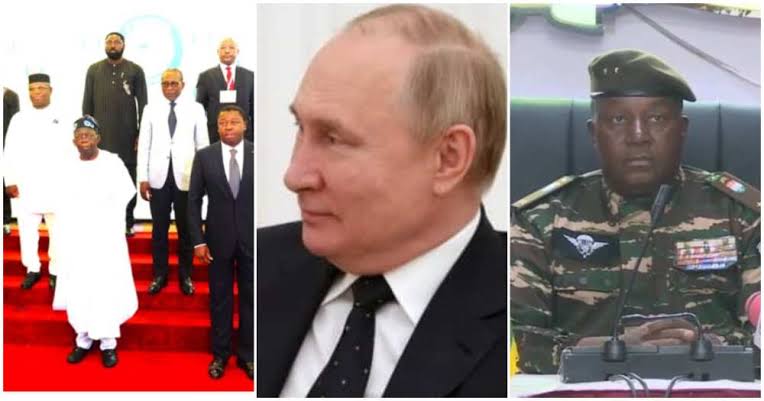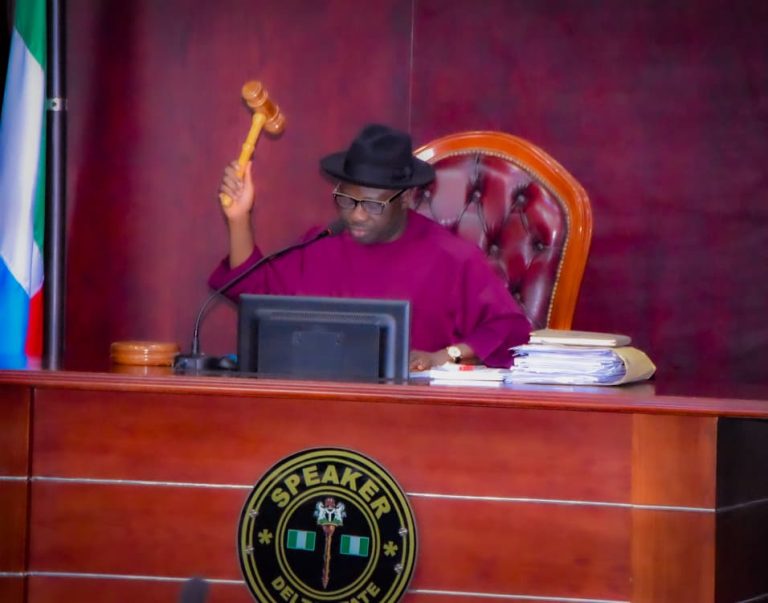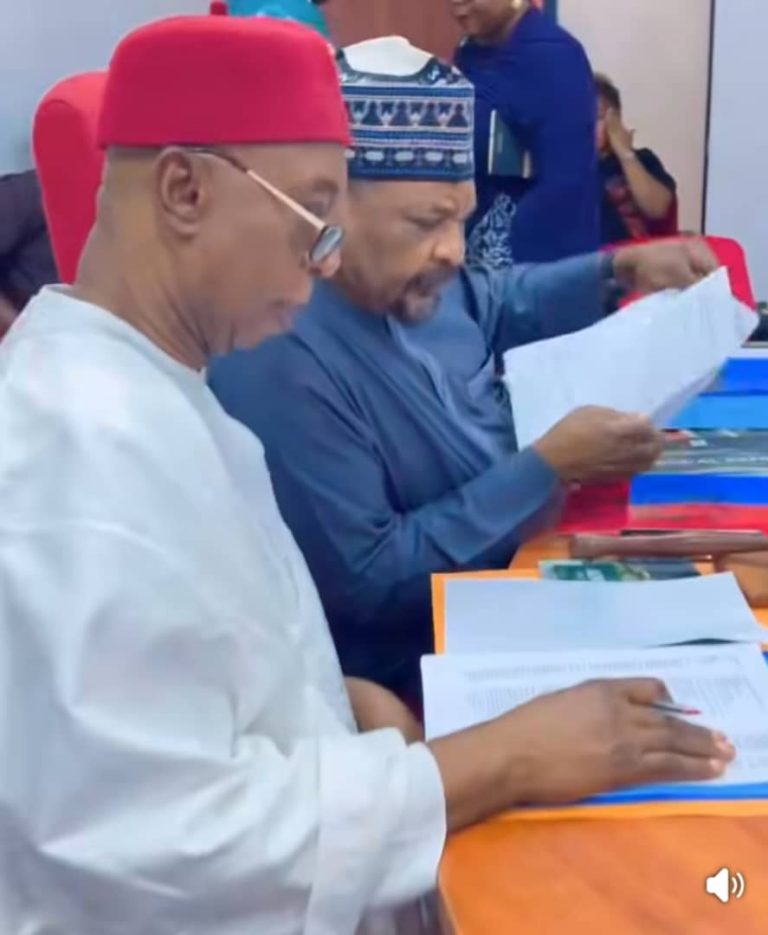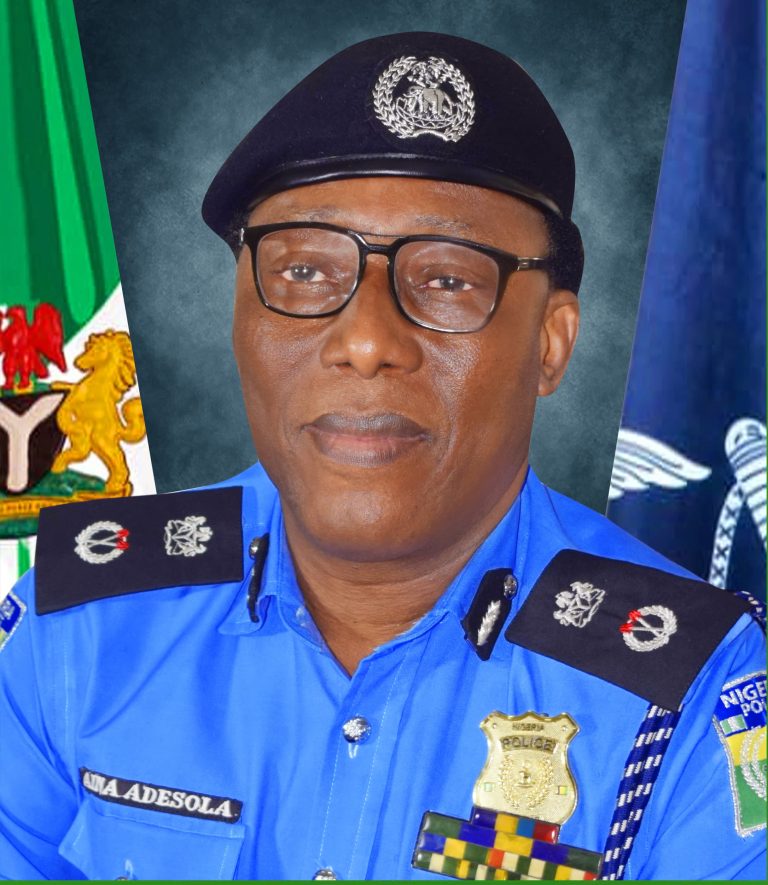

The Economic Community of West African States (ECOWAS) says it will hold Russia to account if the Wagner Group, a private military contractor of, violates human rights in the wake of the Niger coup.
The ECOWAS Commissioner for Political Affairs, Peace and Security, Ambassador Abdel-Fatau Musah said on Friday, August 11 that Mali, another West African nation had a separate arrangement with the military company.
“The Wagner Group, apparently, is in Mali today. The Malian government says this is an agreement between them and the Russian Federation,” Musah said to Channels Television’s Sunrise Daily.“We want to take them by their word, which means any sort of action that infringes on human rights or yeah, or devastation in our region by these private military contractors, we are going to hold the other countries of our region responsible for that.”
Asked if he meant Russia, the ECOWAS official stressed, “That’s Russia — (we will hold them) responsible, diplomatically. The West African region is just not Russia.”
“Private military companies were involved in Sierra Leone. They were involved in Liberia during those civil wars, long ago. And even recently in the global conflict, there has been the use of private military companies,” he said.“The Americans are using them in Iraq; in Afghanistan, they use them, and others. What we are seeing is that these groups are not acceptable in Africa, even though they are there and we are going to hold their countries of origin responsible for any violations.”
The ECOWAS commissioner also highlighted the current involvement of military companies in Niger, including France and the European Union (EU), adding that the region had also seen an influx of Middle Eastern nations such as Turkey, the United Arab Emirates, and Saudi Arabia.
“What we are saying is that we are not going to allow West Africa to be an arena of proxy wars again. And that is our attitude to Wagner. It is not our option,” he said.“We do not want private military companies interfering in the conflict environment in the region because we know the consequences of their action.”



